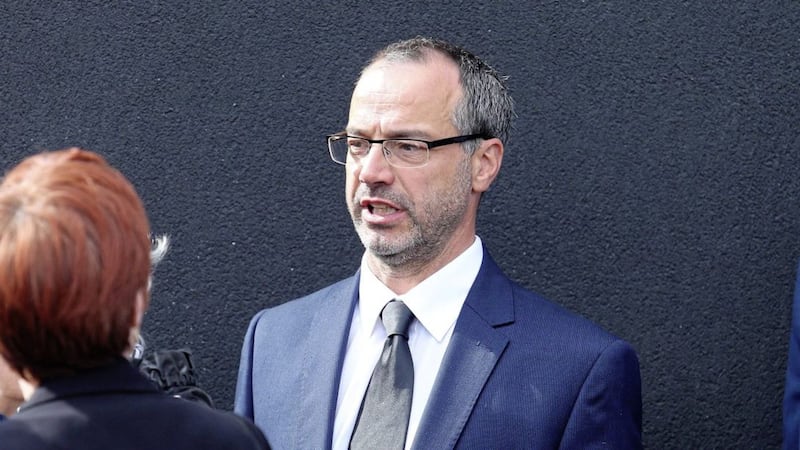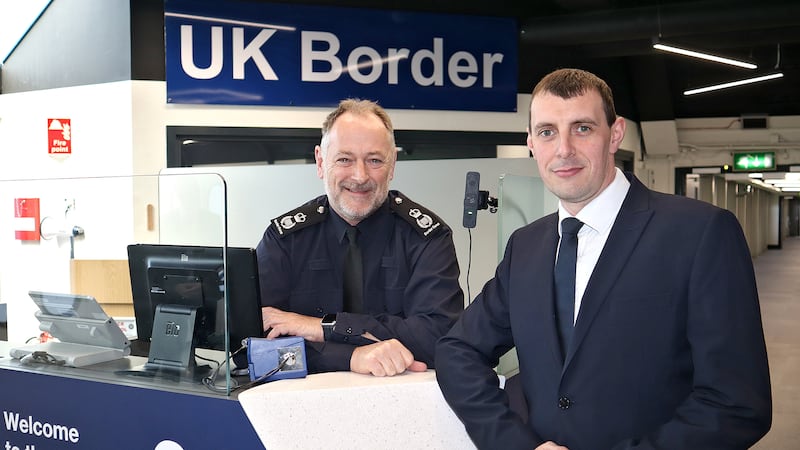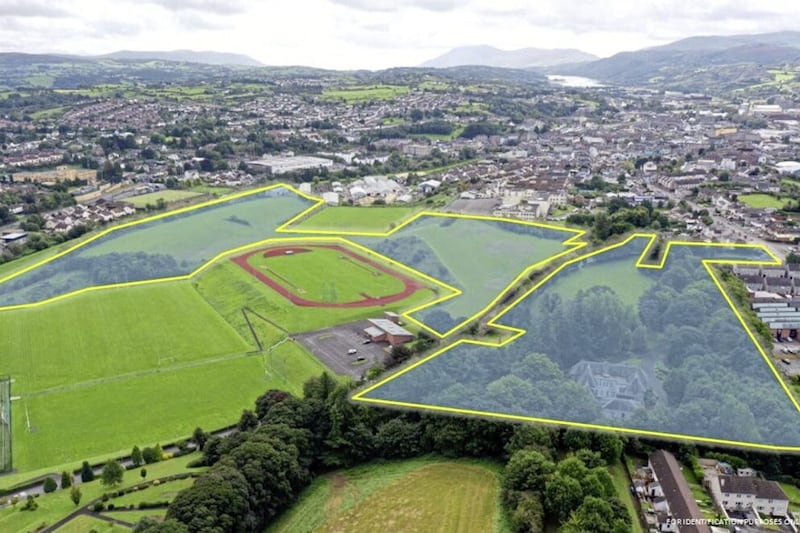THERE were calls last night for a public inquiry into clerical sex abuse in Northern Ireland.
Amnesty International said the announcement by the Diocese of Dromore of a redress scheme for victims of child abuse committed by clerics under its authority highlighted the need for an inquiry.
It came as lawyers for some victims of paedophile priest Malachy Finegan also revealed new complaints had been filed with police in connection with the paedophile priest.
Finegan, who died in 2002, was accused of a catalogue of sex abuse within the diocese over a period of four decades.
Read More:
- Diocese at centre of sexual abuse scandal could be facing bankruptcy
- Malachy Finegan abuse victim brands Dromore diocese redress scheme 'a cynical exercise'
- Malachy Finegan abused victims over several decades
- Catholic diocese apology to victims and survivors of clerical abuse as redress scheme announced
- Numerous US dioceses forced to apply for bankruptcy after paying clerical sexual abuse claims
The statement of apology for all abuse perpetrated was issued yesterday by Archbishop Eamon Martin, the apostolic administrator in the diocese.
Patrick Corrigan from Amnesty Northern Ireland said it reinforced the need for a public inquiry into clerical sex abuse in the north.
"Clerical abuse was not limited to one priest, one parish, one diocese or even one denomination in Northern Ireland," he said.
"Redress is just one component of the justice to which victims are entitled and cannot be a substitute for an independent investigation.
"That is why Amnesty is again calling for the Executive to establish a public inquiry into the scale and circumstances of clerical child abuse in Northern Ireland, not restricted to one diocese or one Church.
"We know the problem goes much wider."
Lawyer Kevin Winters, whose firm represents 25 survivors of historic abuse linked to the Diocese of Dromore, welcomed the scheme, but said it was "long overdue".
He said they had "already engaged with lawyers for the diocese to confirm a number of survivors will enter into mediation".
"It will mean survivors can participate confidentially and avoid the public glare of litigation," he said.
"Over half a million pounds (£525K) has already been paid out by the diocese to survivors we represent. That figure continues to rise following another settlement this week.
"We hope the new scheme will not curtail that financial upward trajectory.
"Of course, redress isn’t all about compensation.
"It is also about apologies and reparation. For survivors that is a very important part of mediation through redress.
"However, we do not believe redress will deliver diocesan accountability for the unresolved suspicion of cover-up on the appalling catalogue of abuse."
Mr Winters said new complaints had been filed with police in connection with Fr Finegan.
"To date investigating agencies such as PSNI, the PPS and OPONI have not been able to deliver decisions which would help survivors feel that justice has been served....
"It is against this background that we have filed new complaints with PSNI over Malachy Finegan and the failure to have him reported and prosecuted for his crimes.
"In the high-profile case of Sean Faloon, Gloucestershire police have confirmed the appointment of a senior detective to examine the failures by a therapy centre in Stroud to report Malachy Finegan to the authorities."







